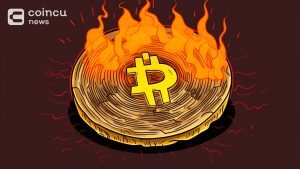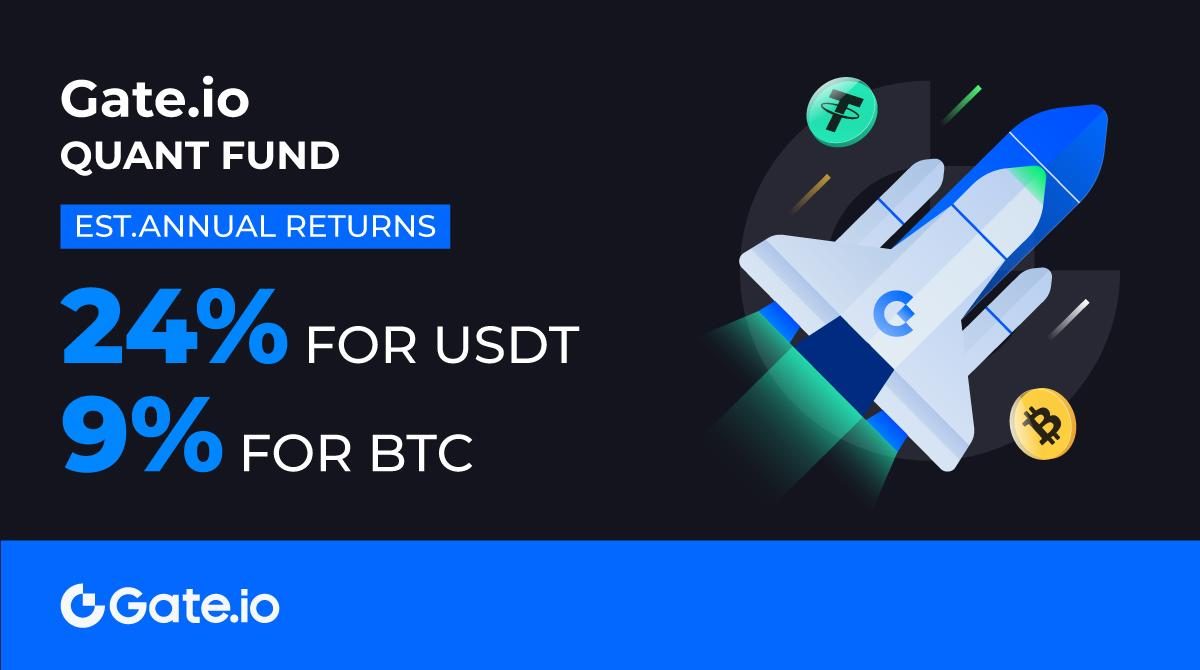Average Bitcoin Transaction Fee Drops Below $1 As Network Difficulty Recovers
Average transaction fees on the Bitcoin (BTC) blockchain fell below $1.00 for the first time in over two years, further solidifying its use case as a viable mainstream financial system.
High transaction fees on blockchain networks work against users, especially when it comes to low-value transactions. For example, transaction fees on the Ethereum blockchain have skyrocketed several times during the hype of the non-fungible token (NFT), causing stress for users in general.
While the Bitcoin ecosystem has also endured high transaction fee rates in the past, timely upgrades – including Lightning Network and Taproot – ensure faster and cheaper transactions over time. As of Monday, the average Bitcoin transaction fee has dropped to $0.825, a number last seen on June 13, 2020.
In addition to timely upgrades, the reduction in transaction fees can be attributed to many factors, including falling market prices and lower mining difficulty. However, the difficulty of mining a new block of BTC shows a steady recovery as miners access cheaper hardware while recovering from prolonged chip shortages.
As seen above, August also marked the end of a three-month negative correction in mining difficulty – recovering back to 28,351 trillion from the free fall. Thanks to the consistent efforts of the community, the Bitcoin network continues to show remarkable signs of a healthy financial system.
While users expect each network upgrade to reduce gas fees and transaction speeds, not all upgrades are built to serve the same purpose. For example, the most anticipated Ethereum upgrade, The Merge, will not reduce gas fees.
DISCLAIMER: The Information on this website is provided as general market commentary and does not constitute investment advice. We encourage you to do your own research before investing.
Join CoinCu Telegram to keep track of news: https://t.me/coincunews
Follow CoinCu Youtube Channel | Follow CoinCu Facebook page
Harold
CoinCu News























